They indicate the internal pressure within vessels or systems and are used particularly for environments where the pressure changes frequently, therefore requiring constant monitoring. Read More…
Since 1932, United Instrument Company has provided digital pressure gauges to the marine and industrial industries. In addition to our own gauges we also supply customers with Weksler, Ametek, Wika, Weiss, Ashcroft and Fluke products. We pride ourselves in our excellent and successful employee-to-customer relationships. Become one of our new customers today.
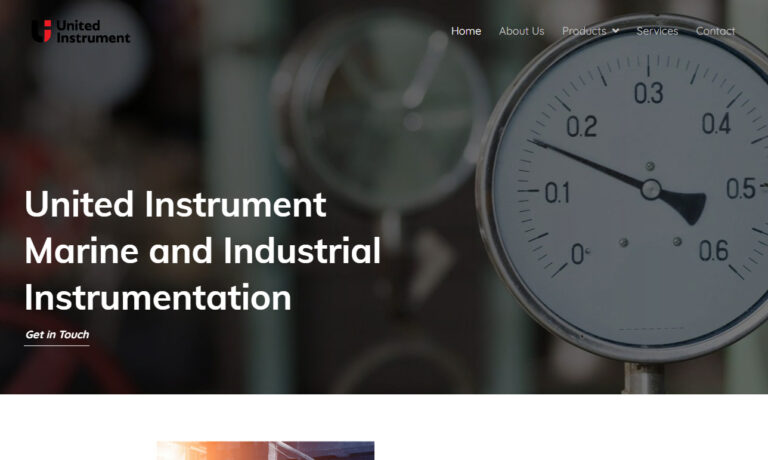
Jetstream of Houston, LLP., a division of Federal Signal Corporation (NY:FSS), manufactures industrial high-pressure waterblasting equipment utilized up to pressures of 40,000 psi. The company offers a complete line of Skid and Trailer Mounted Pump units, Control Guns, Valves, Hoses, Replacement Parts and Nozzles - in stock and ready to ship when you need them.
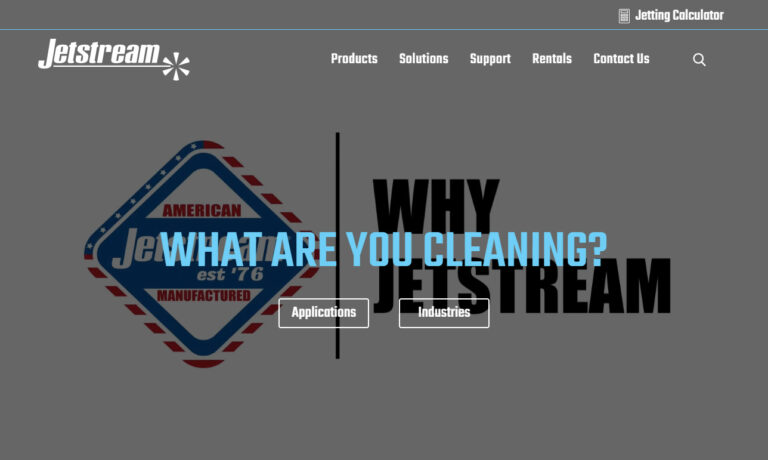
Kurt J. Lesker Company is a worldwide manufacturer and distributor of vacuum products and services. We have over 14,000 high quality products including complete systems, vacuum chambers, process equipment, filters, valves, gauges, deposition sources and other system components. Besides our comprehensive catalog and sales coverage, we also provide technical consulting and field service.
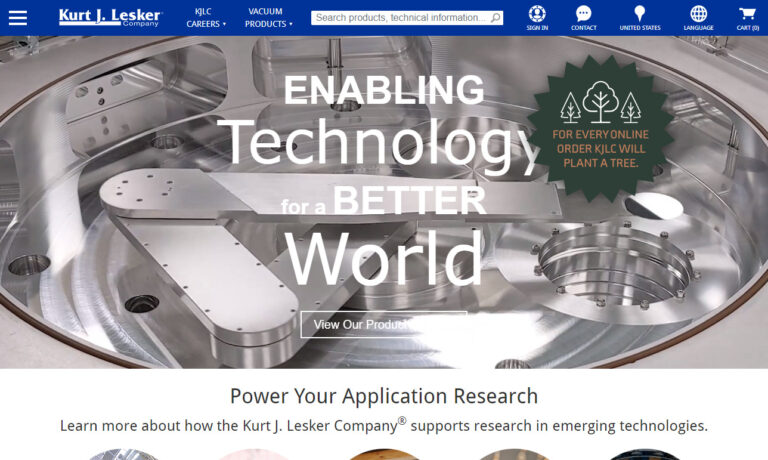
Meriam offers a wide variety of mechanical and digital pressure gauges for process measurement and indication. Terrific accuracy specifications and little-to-no temperature effect set these instruments apart from the competition. Many of our digital gauge products have multiple output options to increase their versatility in today’s changing control schemes.
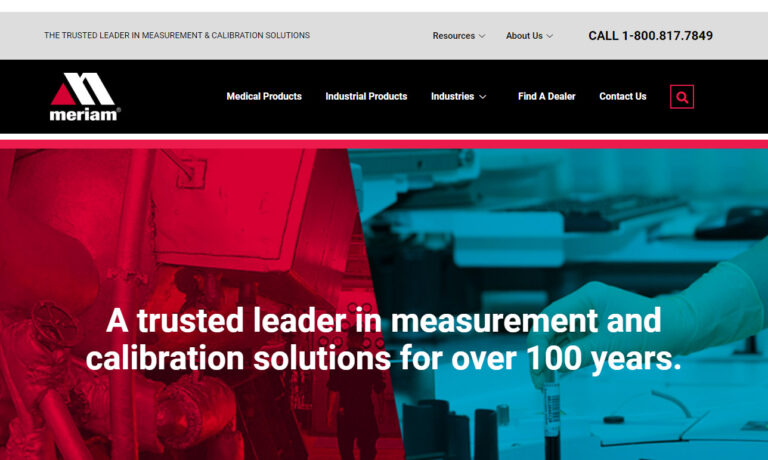
More Differential Pressure Gauge Manufacturers
A differential pressure gauge's components are housed in a metal enclosure; materials include stainless steel, cast iron, bronze, brass and aluminum. The windows are usually double-strength glass. Specific pressure gauges have additional materials such as plastic or rubber. Differential liquid pressure gauges are themselves filled with certain liquids including oil, glycerin and silicone. Pressure gauges are often used in tandem with protective accessories like shutoff valves.
Other accessories include pipe coils, chemical seals and secondary valves to minimize condensation and to allow calibration against an external pressure source such as atmospheric pressure. Differential pressure gauges have two inlet ports that monitor the pressure in two separate vessels. These pressure gauges are used in applications where it is important to take two measurements and compare them, determining which vessel or system has the highest flow velocity, for example. Differential pressure gauges are utilized by manufacturing and industrial plants and companies.
Differential pressure gauges perform subtraction in order to indicate the difference between the two readings. This eliminates the need for an operator or computer system to watch two gauges and perform the math. It is fast and efficient to have the information immediately and constantly displayed in one location. There are three main types of differential pressure gauges: Bourdon, diaphragm and piston. The Bourdon gauge has two C-shaped or coiled tubes connected to the chambers or pipes where the pressures must be read.
When pressure increases, the tubes uncoil. The motion of the two tubes is registered and a mechanical linkage compares the readings. Diaphragm gauges use two hermetically sealed membranes that flex in accordance with the pressure. The ports of the membranes are open to each other to compare pressures.
Piston type differential pressure gauges are also called deadweight testers because they counterbalance the pressure of a fluid with a solid weight or spring. As is the case with all three kinds, the difference is measured by a sensor and indicated on the gauge. The results may be displayed as analog, such as a needle on a dial, or they may be digital with numbers on a LED panel.

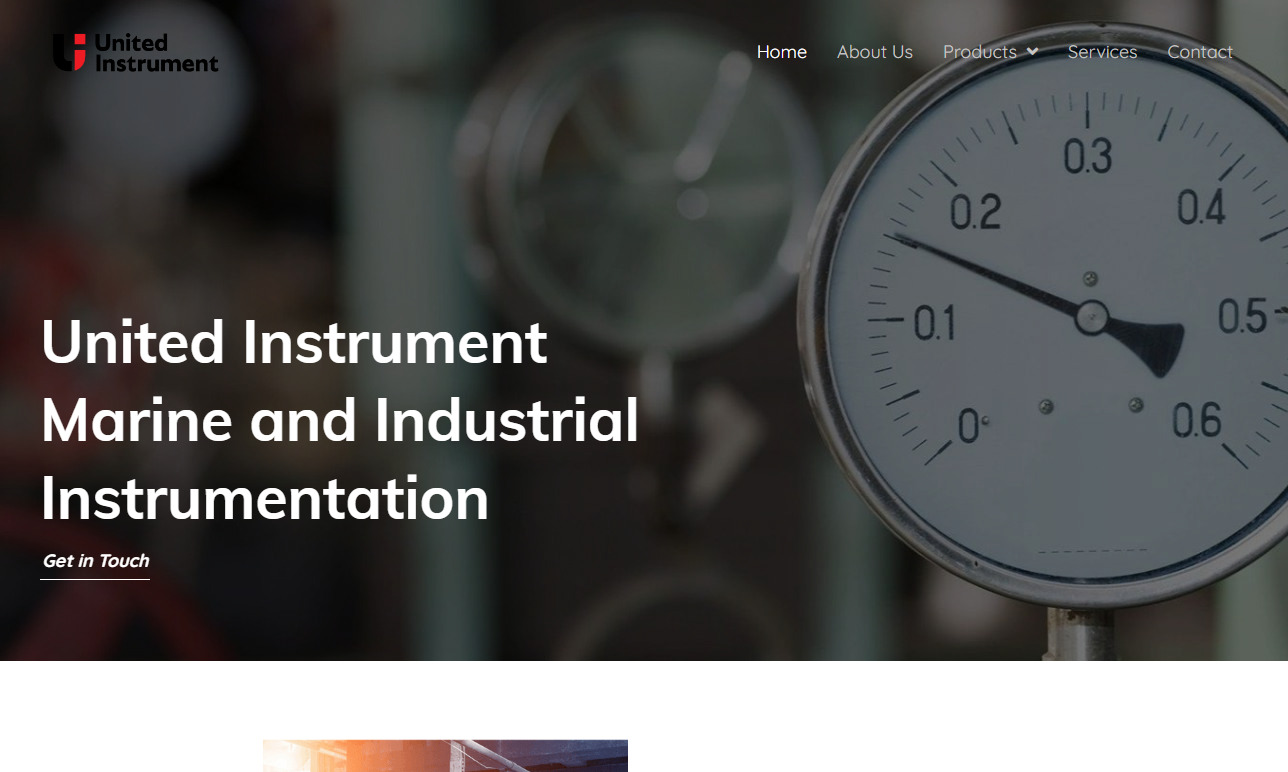
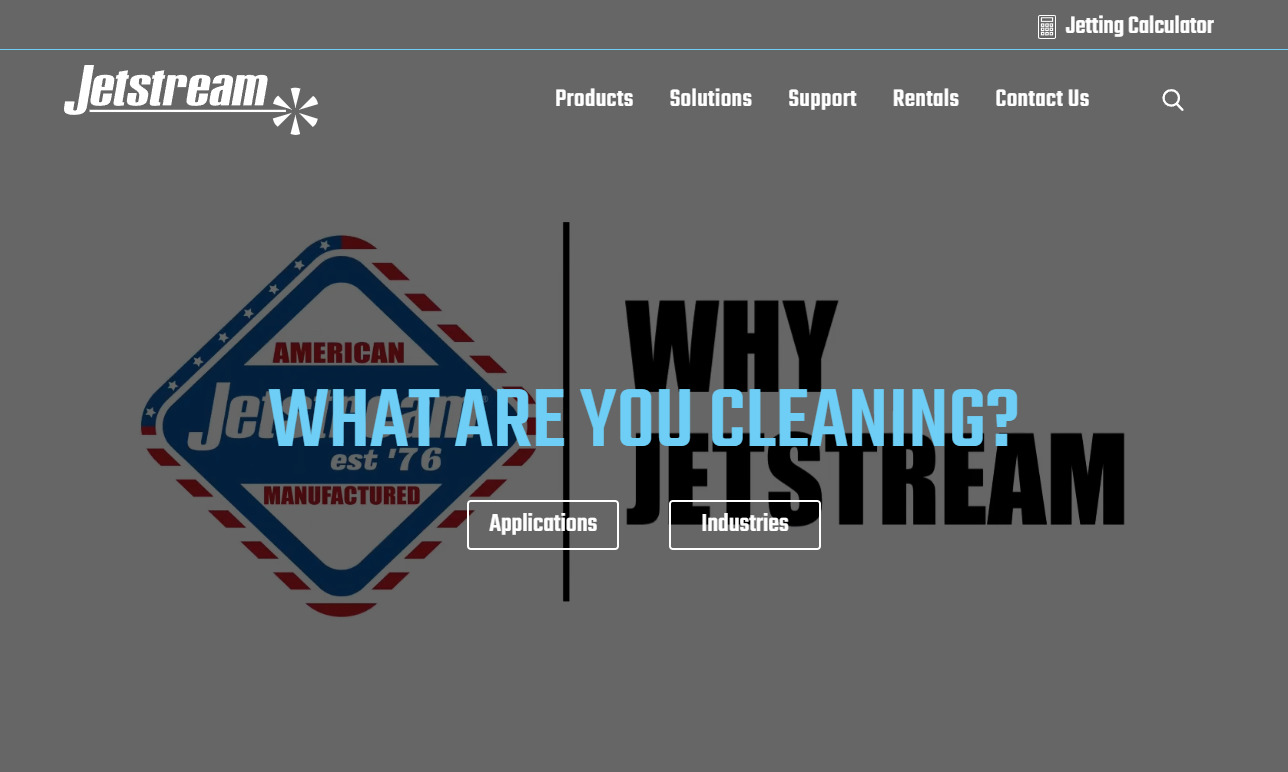
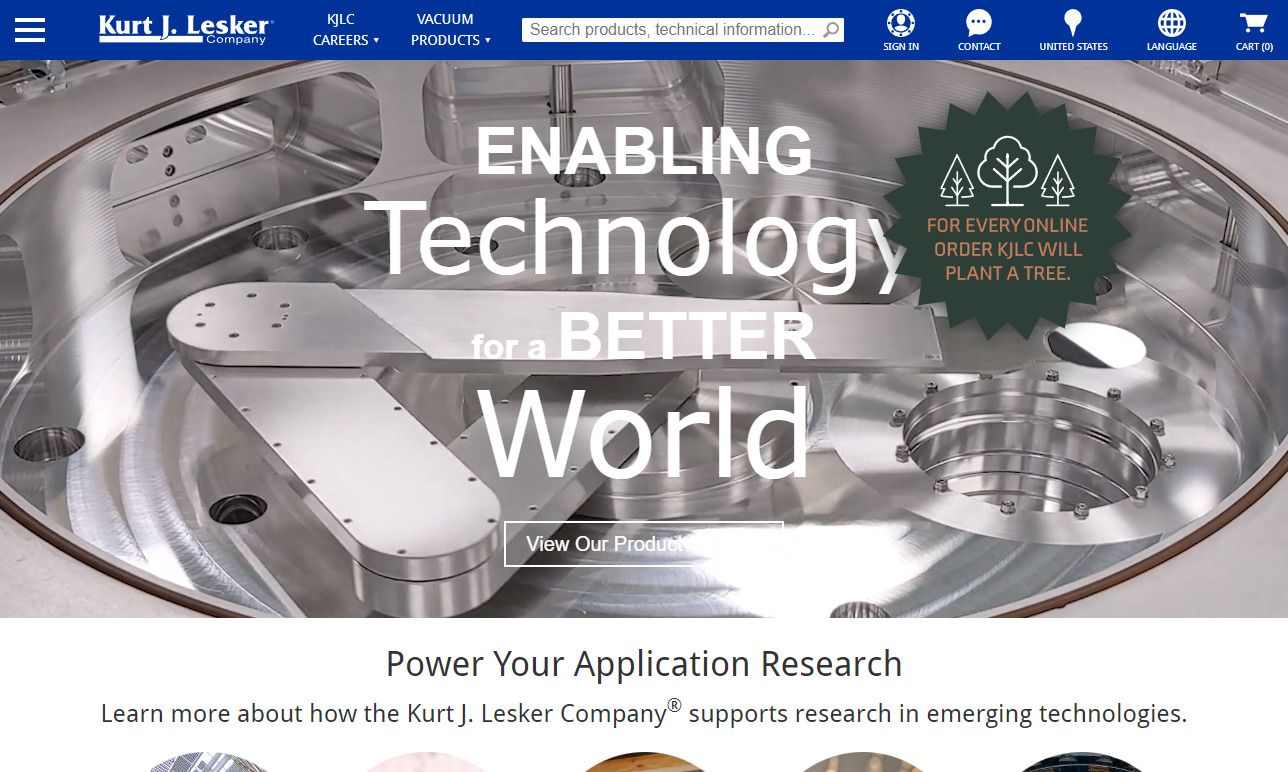
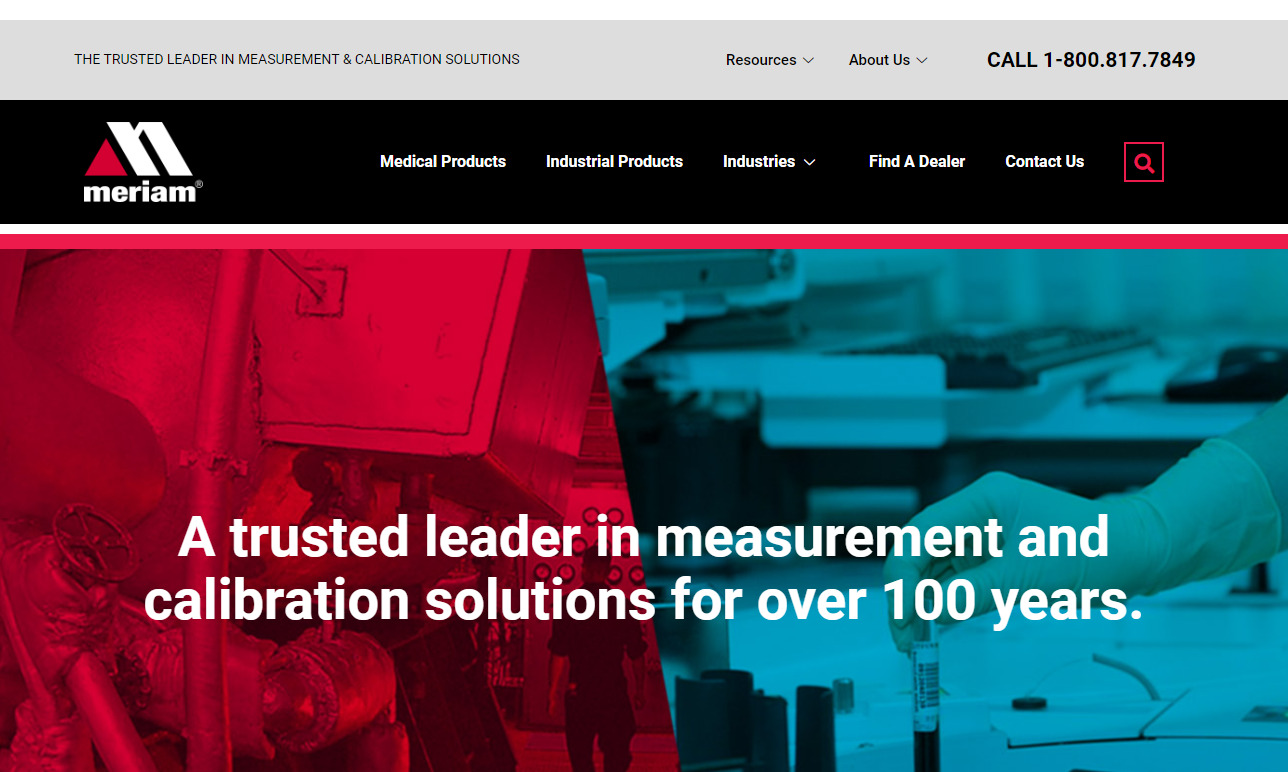

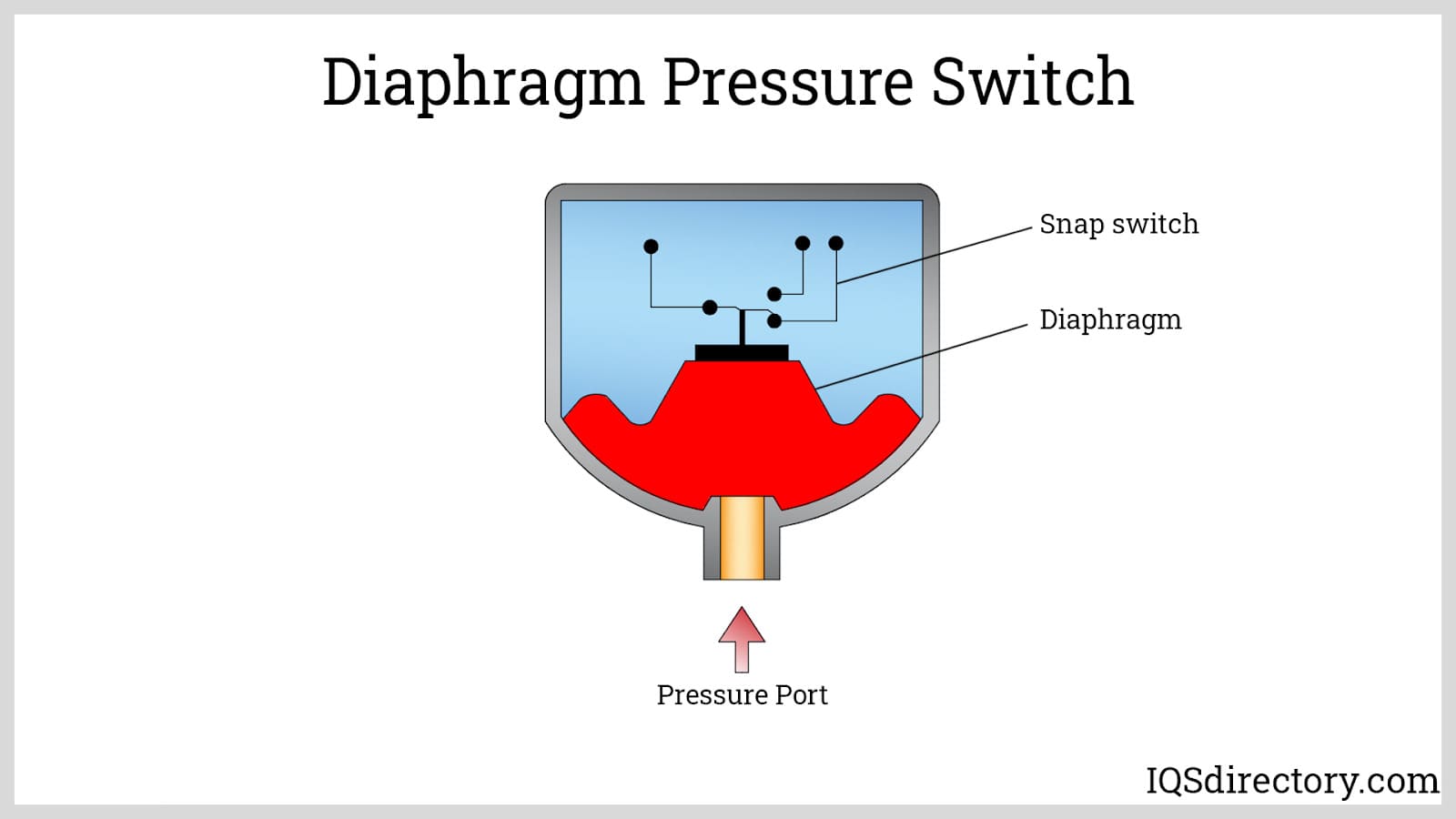
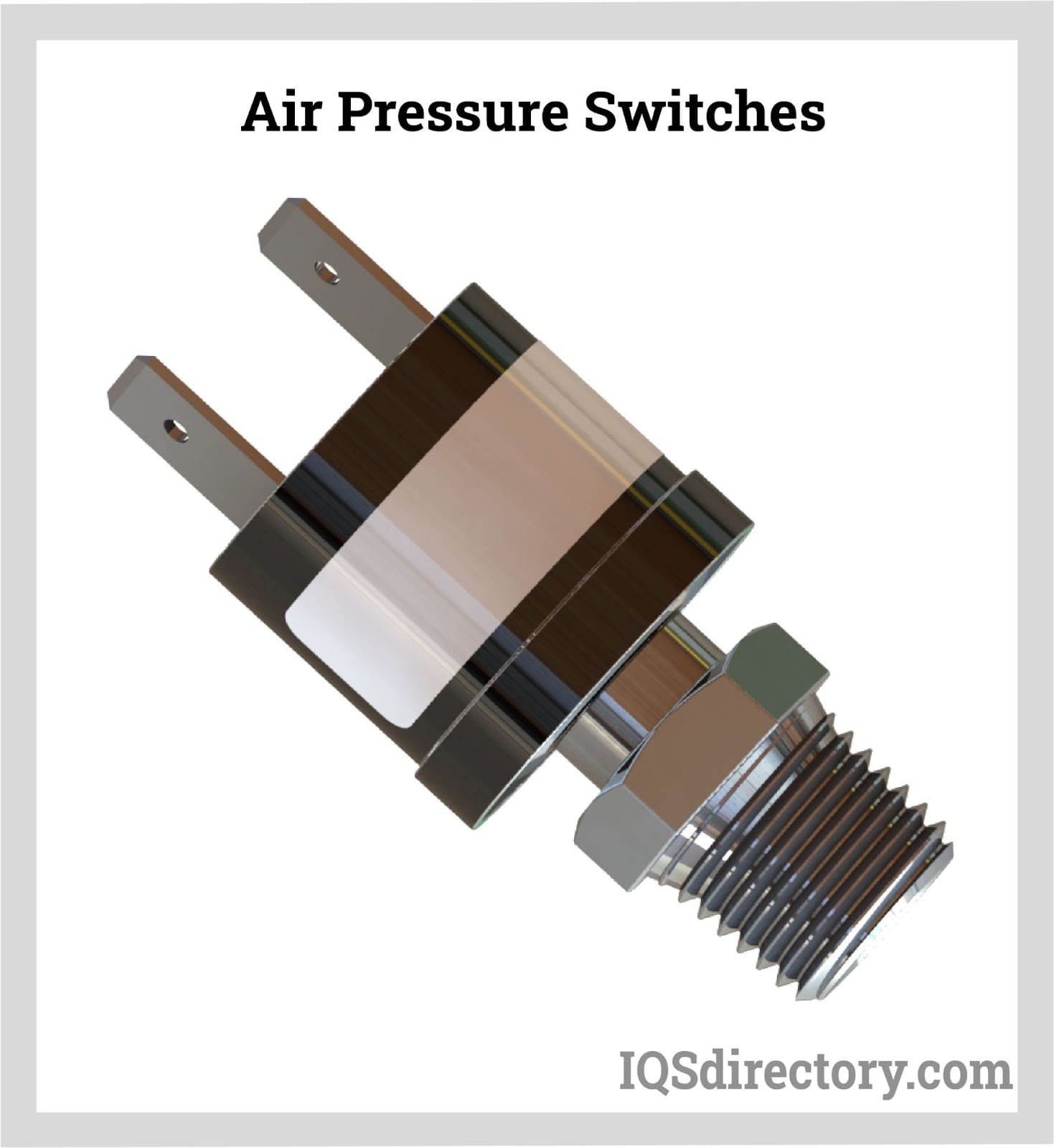
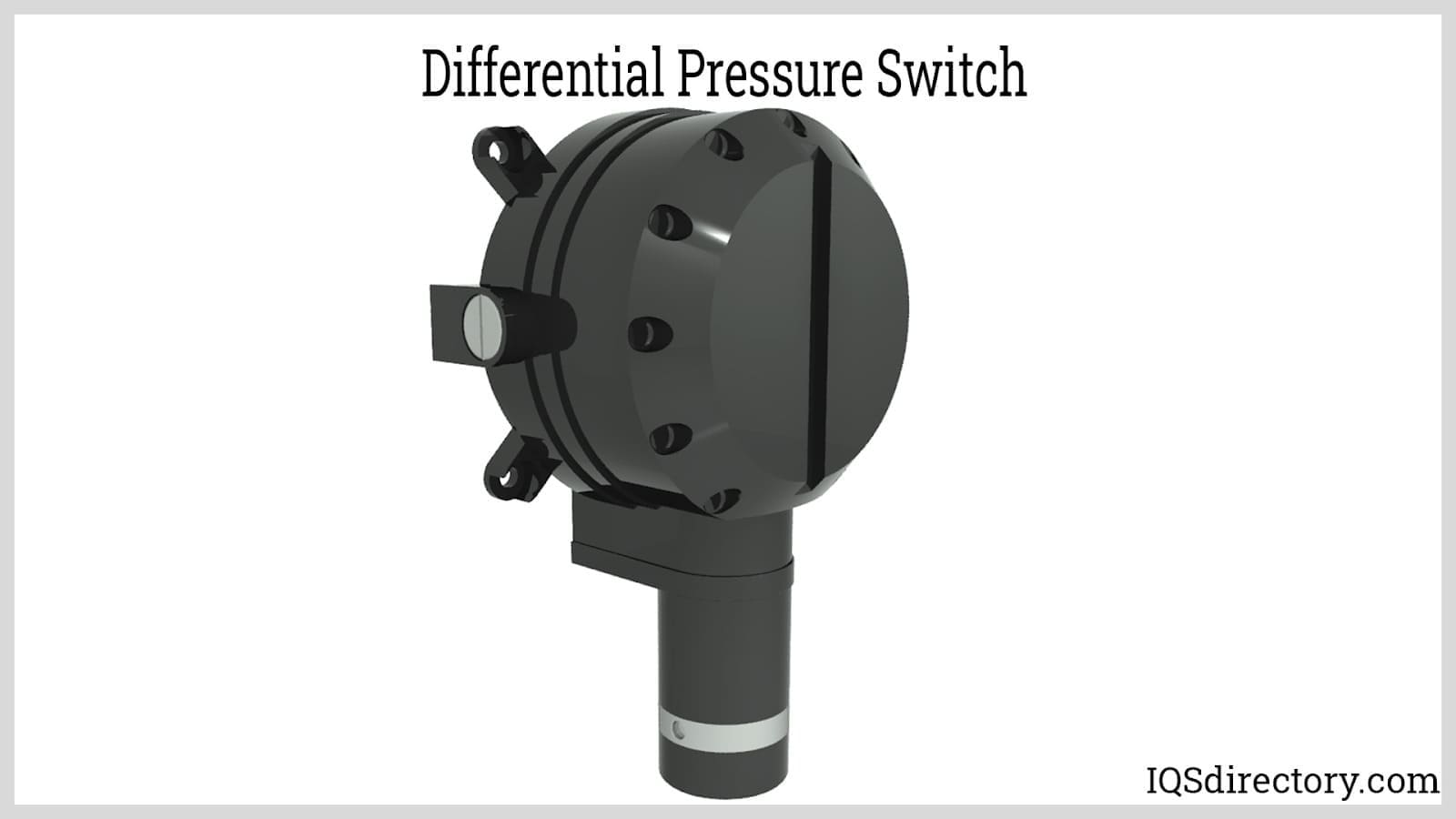
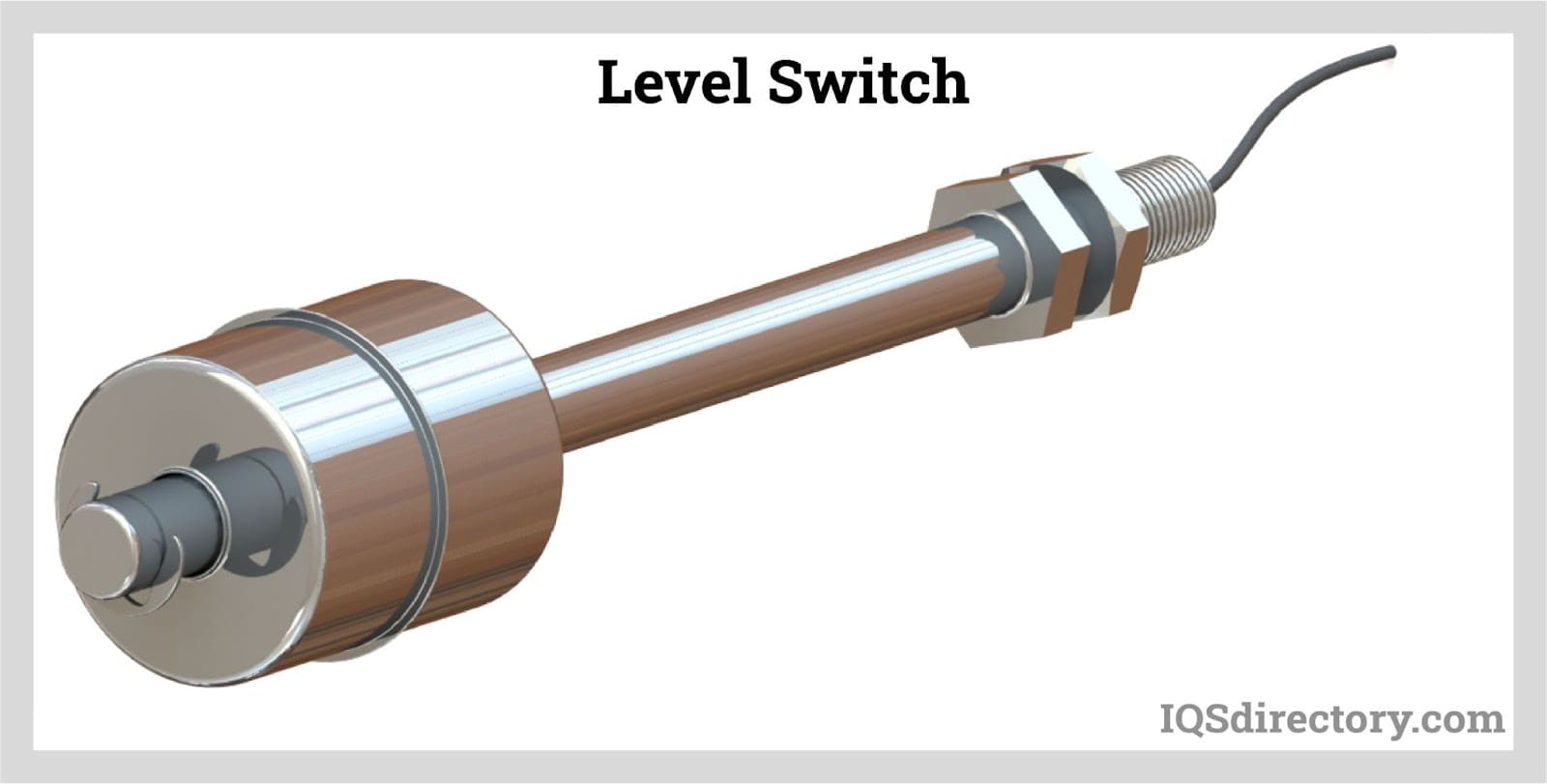
 Flow Meters
Flow Meters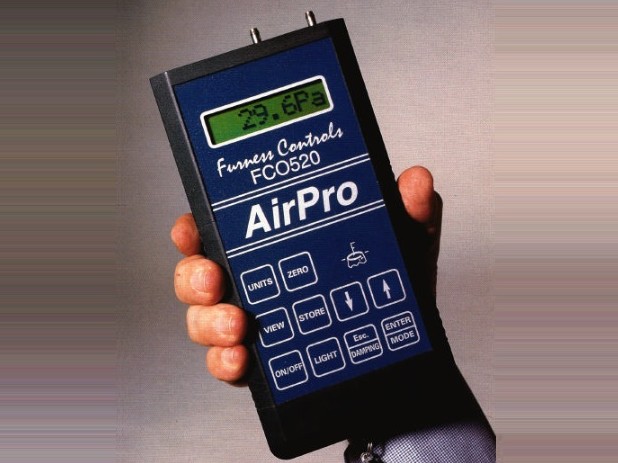 Leak Detectors
Leak Detectors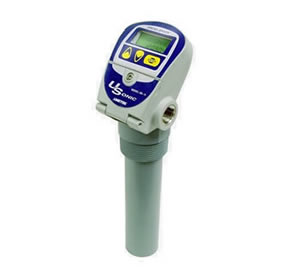 Level Switches
Level Switches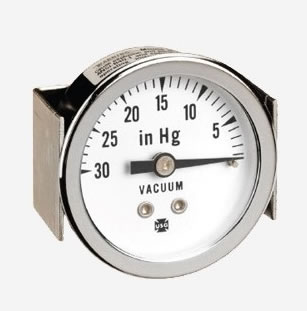 Pressure Gauges
Pressure Gauges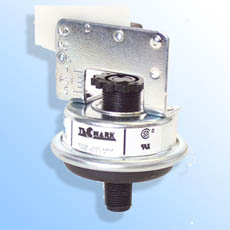 Pressure Switches
Pressure Switches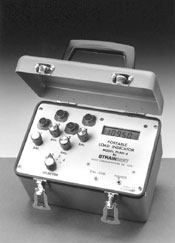 Pressure Transducers
Pressure Transducers Castings & Forgings
Castings & Forgings Bulk Material Handling
Bulk Material Handling Electrical & Electronic Components
Electrical & Electronic Components Flow Instrumentation
Flow Instrumentation Hardware
Hardware Material Handling Equipment
Material Handling Equipment Metal Cutting Services
Metal Cutting Services Metal Forming Services
Metal Forming Services Metal Suppliers
Metal Suppliers Motion Control Products
Motion Control Products Plant & Facility Equipment
Plant & Facility Equipment Plant & Facility Supplies
Plant & Facility Supplies Plastic Molding Processes
Plastic Molding Processes Pumps & Valves
Pumps & Valves Recycling Equipment
Recycling Equipment Rubber Products & Services
Rubber Products & Services